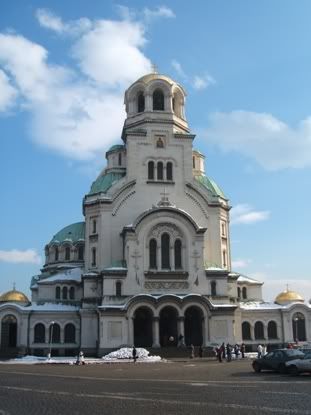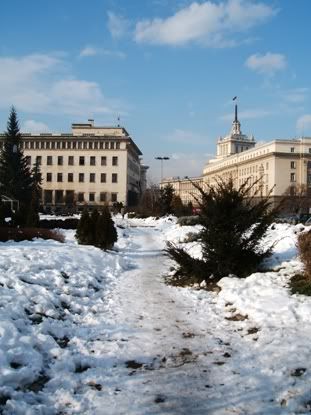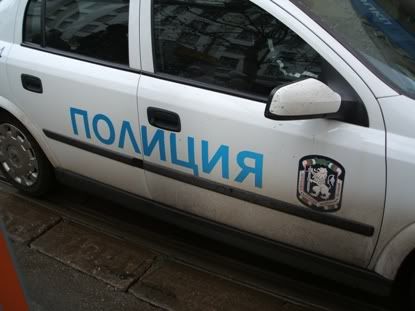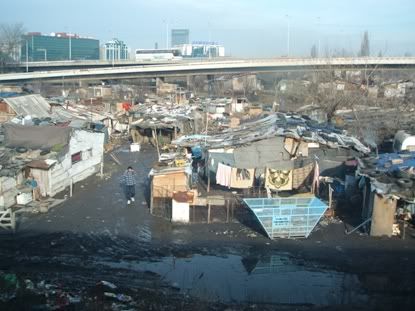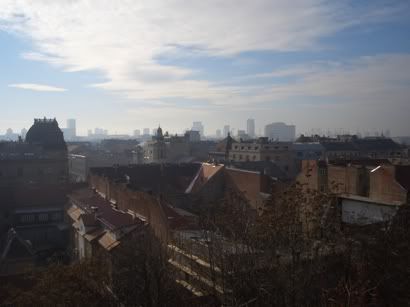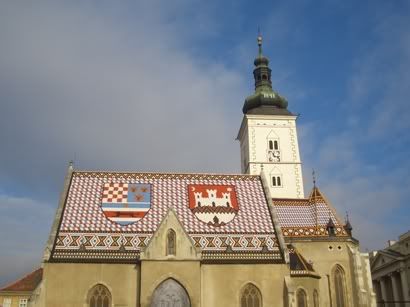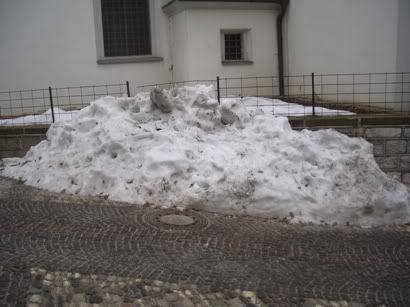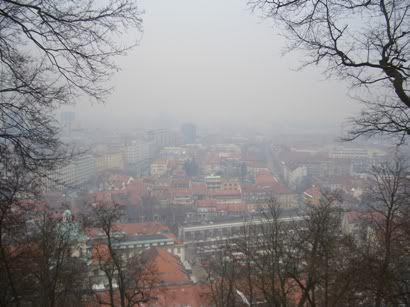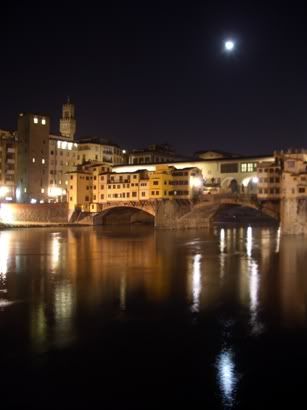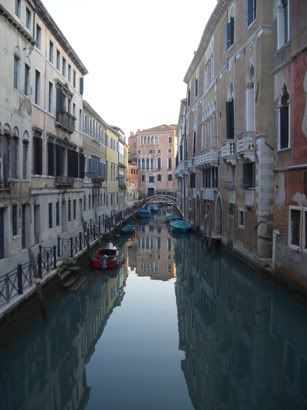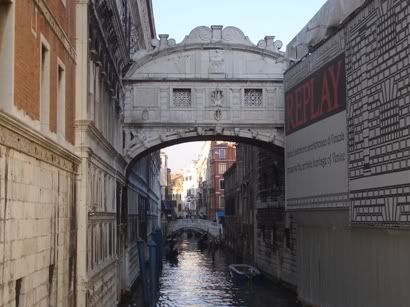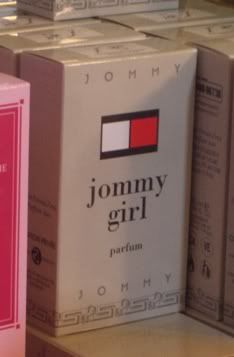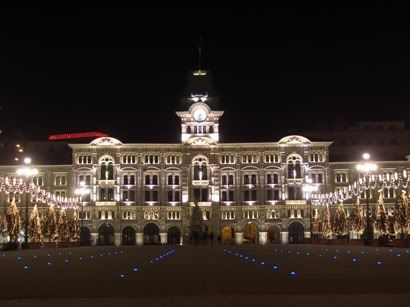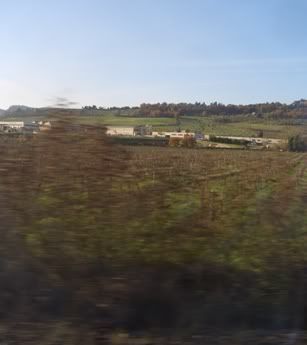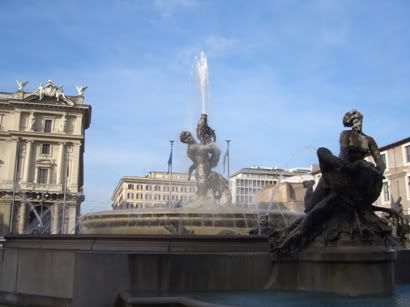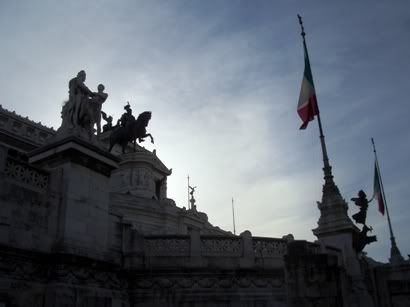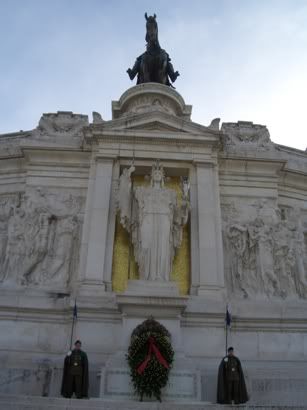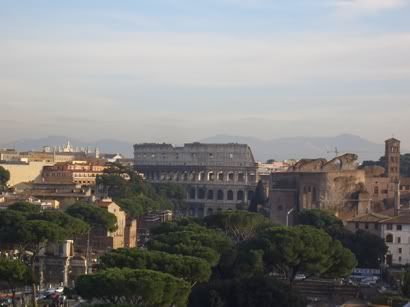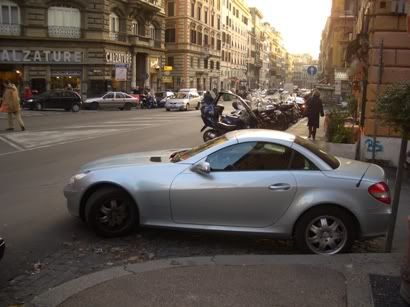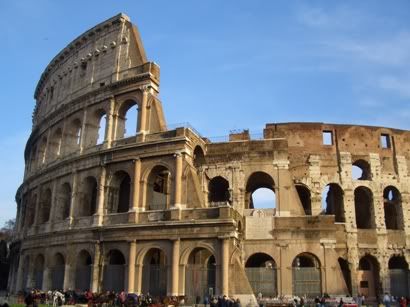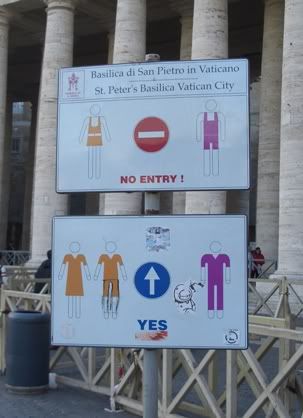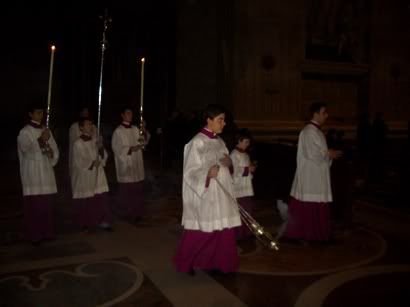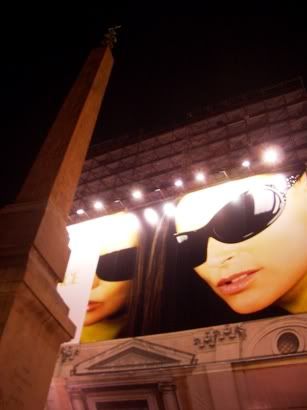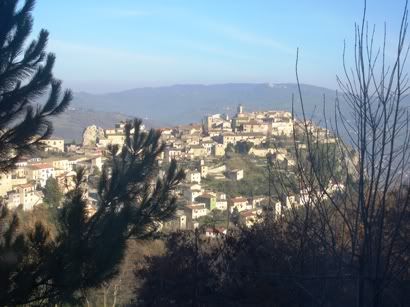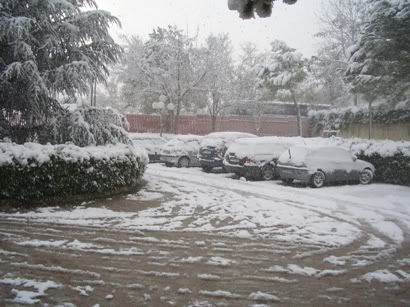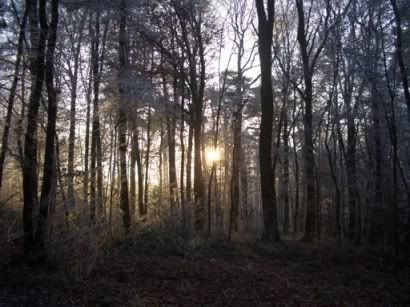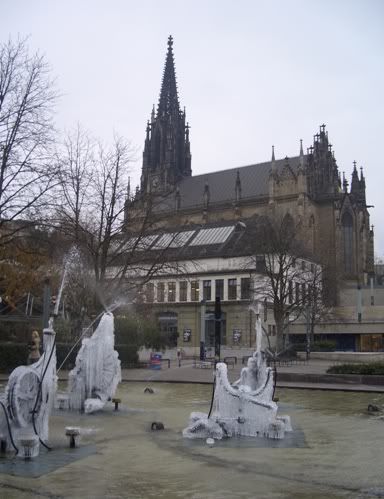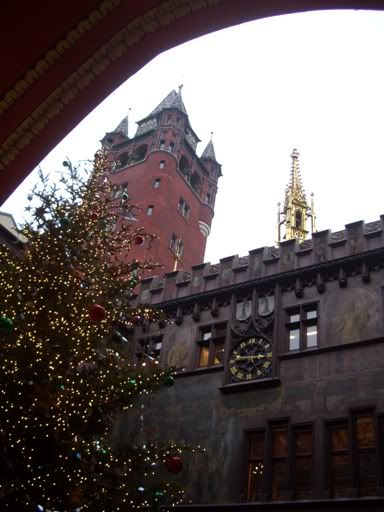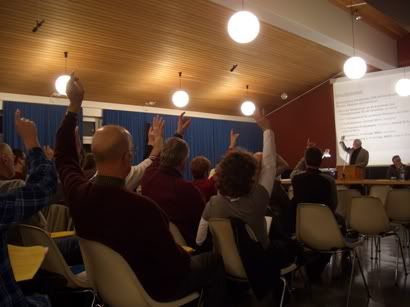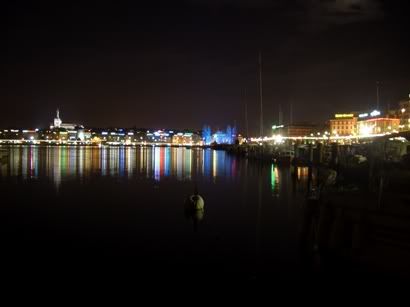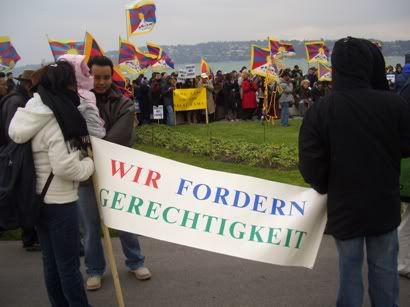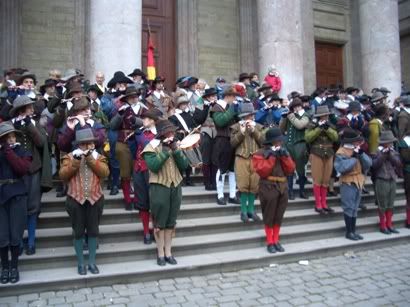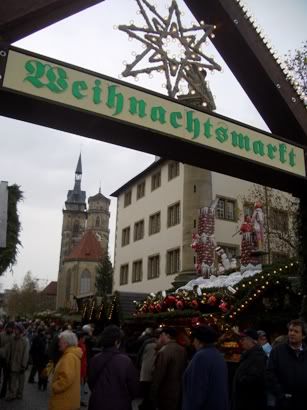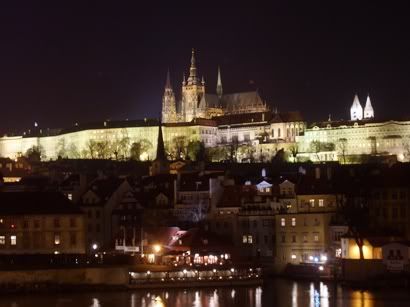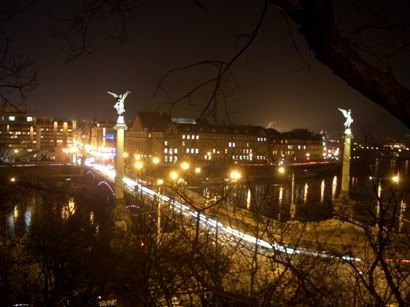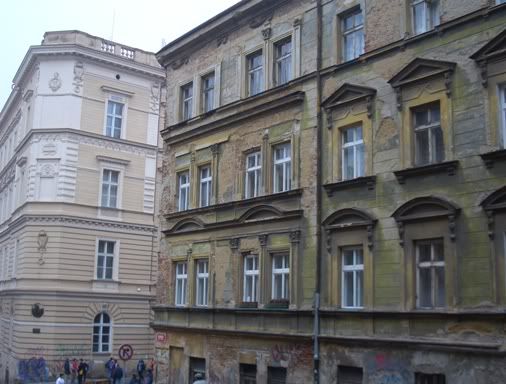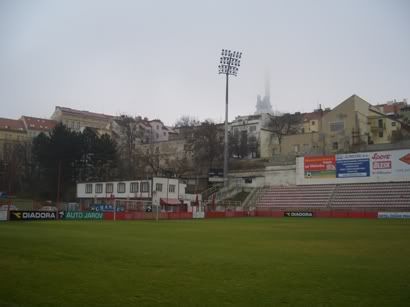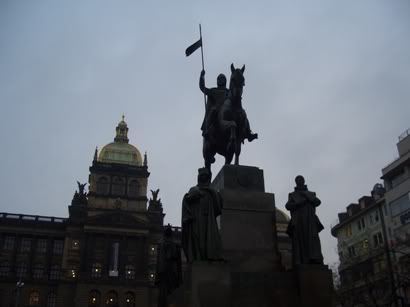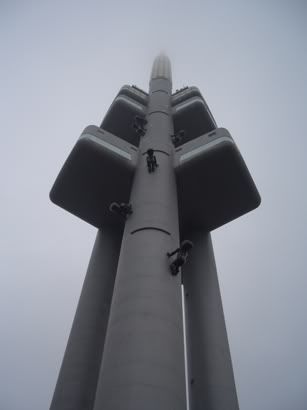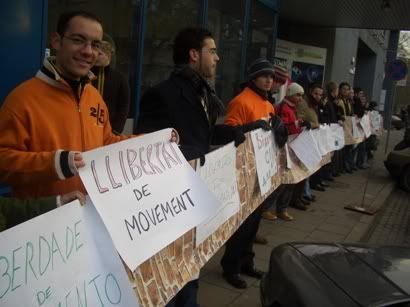The furthest point away from home
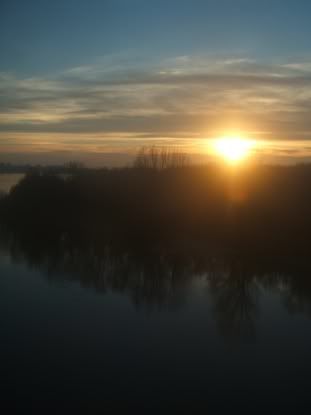
I met up with two friends from the German school in 2004 and we had a nice dinner, but there was hardly any time that evening to see the city. Before entering the restaurant weather had been quite clear, but when we came out after the meal I was surprised to see a thick mist had descended and things were a lot more obscure.
So I only had one day to explore. It’s always my fate with transportation that things work the wrong way round. The train I eventually caught to Bucharest was over half an hour late and I was there on time, but the previous night’s service had run perfectly to schedule when I had been praying for a delay.
Walking around the Romanian capital with one of my friends, I noticed a large amount of people selling fireworks at market stalls in the streets. At home there’s nothing like this; licensing laws to deal in that kind of thing are strict, as are regulations regarding the age at which they can be purchased. In Bulgaria there are apparently similar laws, which are often disregarded by merchants because they simply want the money.
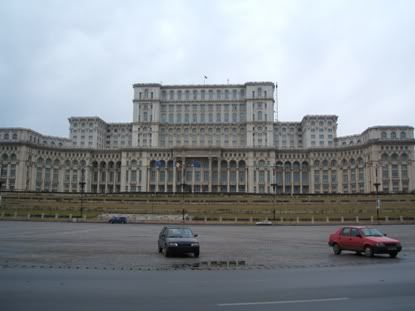
We visited the Parliament next, which is actually the world’s second largest building after the Pentagon – a fact the Romanians are clearly quite proud of. It’s also constructed using one hundred percent domestic materials, with nothing brought in from outside, although the construction isn’t yet finished. Our guide looked extremely irritable, becoming annoyed when people asked her questions and seeming to rush through the tour at the fastest possible speed. I thought that was really stupid – why work in such a job if you don’t want to provide information and answers to the visitors?
The building itself was architecturally very grand; a rookie 28-year-old architect had been given this massive task and, with the help of a design team, risen to it spectacularly. It’s all very cleverly done, with patterns on the floors acting as maps of the entire structure and lots of matching motifs in different rooms on features such as floors, curtains, windows and fireplace grates. Where there are no windows, ventilation holes are neatly incorporated into the ceiling layout and false skylights provide the main illumination. Lots of architectural styles have been used, with variance from room to room, so there’s always something new to take in.
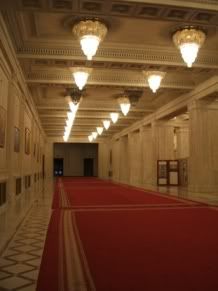
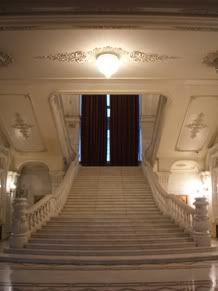
And even more fascinating is the fact that the palace extends to the same extent underground as it does above. New areas are discovered quite frequently and no one but the original designer has exact plans; apparently a swimming pool was found quite recently. I suppose this is a bit like the British Parliament at Westminster, which has an extensive network of secret corridors and doorways that politicians can use to make a dramatic entrance. However, I think one difference is that our Parliament isn’t rented out as much to commercial clients for big events and conferences.
After leaving the parliament and walking out to be greeted by pouring rain, we headed for shelter near an apartment complex off a large street, busy with wet-weather traffic and devoid of pedestrians. I’d forgotten an umbrella, unusual for a native of England to do. As we waited in vain for the conditions to brighten, a stray dog wandered up to join us and a few minutes after another had arrived. When finally we decided to move on, they followed us a long way down the road, having obviously enjoyed the attention we gave them. The dogs weren’t really unhealthy or anything – they probably feed off scraps in the garbage and things like that – but people clearly don’t have the money to maintain them as pets and that’s a sad thing.
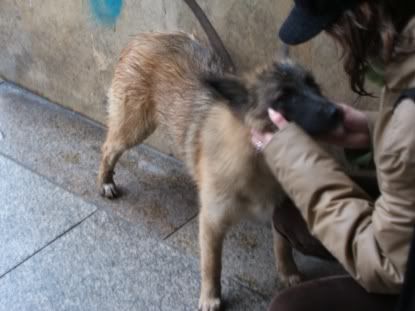
As I write this now, I am again on a night train. But it’s not as comfortable a journey as it should be, since there was a massive unfair confusion which meant I got kicked out of the sleeping car compartment I reserved and forced back into second class, where I am sharing a small space with four other people. I had paid the supplement fee on the platform to an attendant, who informed the train porter I had done so. Then the porter seemed to have memory loss and started demanding I pay again, which I refused to do. We didn’t speak the same language and had to call on a couple of other passengers for interpretation, but the situation ended badly and it’s very annoying.
But I’m looking forward to returning to Belgrade, where I will celebrate the new year with a few friends I met at the World Youth Congress in Scotland. My original plan had been to spend it in Budapest, their home city, but they then decided Belgrade would be a better option. We’ll be heading to Hungary on new year’s day, so that should be interesting as well.

